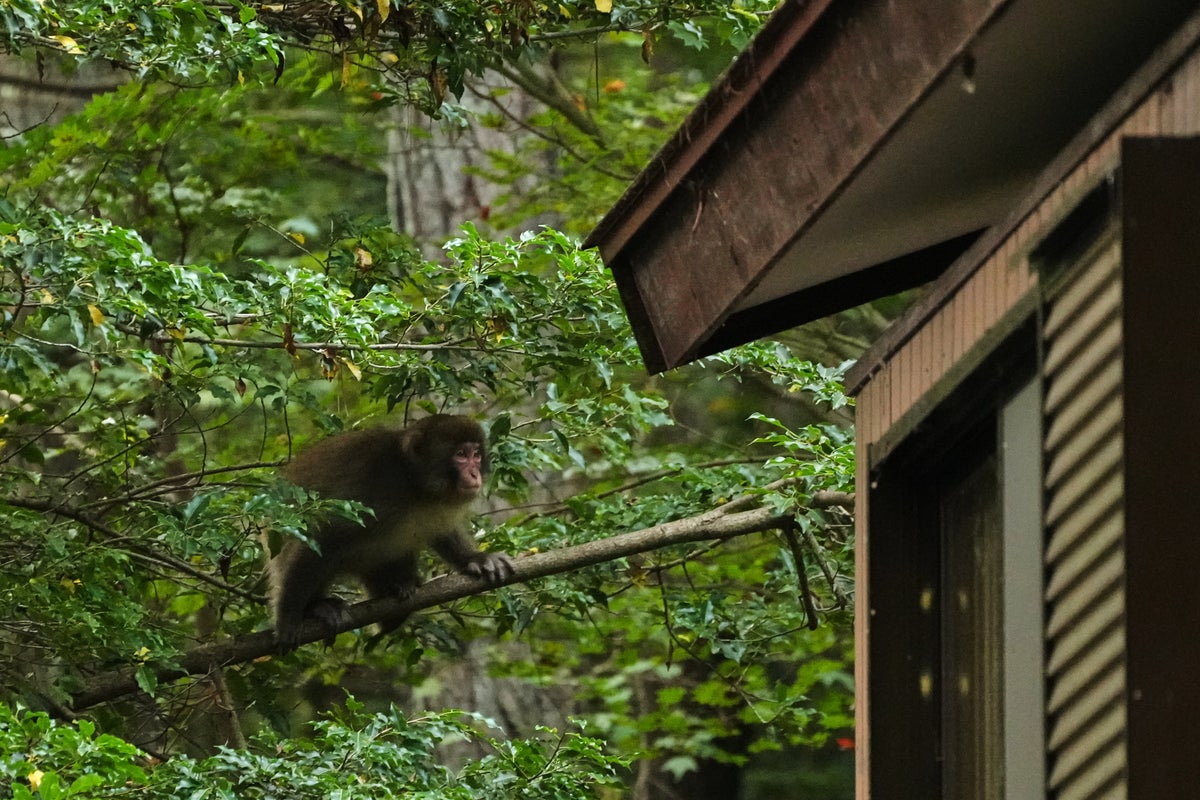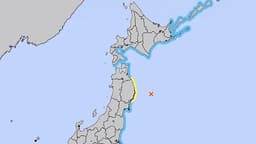Home / Environment / Monkey Patrol: Japan's Unique Approach to Protecting Farms and Homes
Monkey Patrol: Japan's Unique Approach to Protecting Farms and Homes
12 Nov
Summary
- Part-time civil servants use bells, whistles, and sticks to herd monkeys away from farms and homes
- Monkeys cause $100 million in crop damage annually, with deer, boars, and macaques responsible for 70% of it
- Efforts to cull monkeys may have made the problem worse, as neighboring groups move in

As of November 2025, in the foothills of Japan's Northern Alps, a team of part-time civil servants is working tirelessly to keep monkeys away from farms and homes. Equipped with bright orange vests, bells, whistles, and walking sticks, they weave through the bamboo and brush, following the monkeys' movements using GPS trackers and radioing their teammates to herd the animals back into the mountains.
The monetary damage caused by the monkeys is relatively minor compared to losses from boar, deer, and crows, but they have become a growing nuisance for people living near the mountains. In 2022, Japan's Agriculture Ministry reported total crop damage from wild animals, including monkeys, at 15.6 billion yen ($100 million), with deer, wild boars, and macaques responsible for about 70% of that damage.




